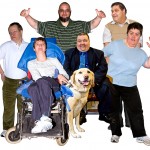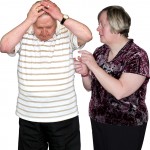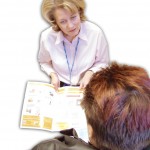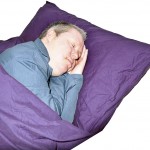
People with Down syndrome are more likely to develop dementia than those without and indeed this is more likely to occur at an earlier age, where clinical symptoms can occur when people are in their late 40s or early 50s. There is also some evidence that there are some differences in clinical symptoms in people [read the full story…]








